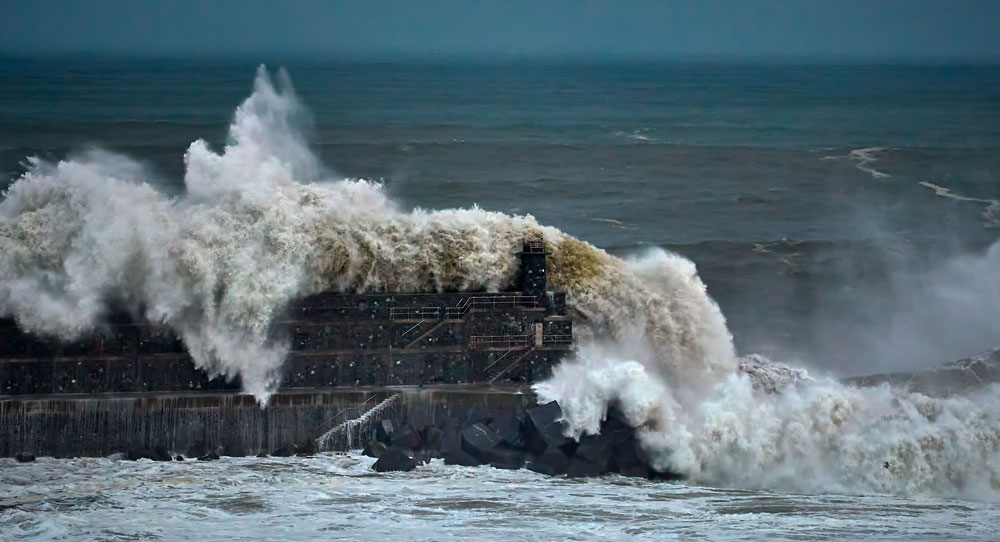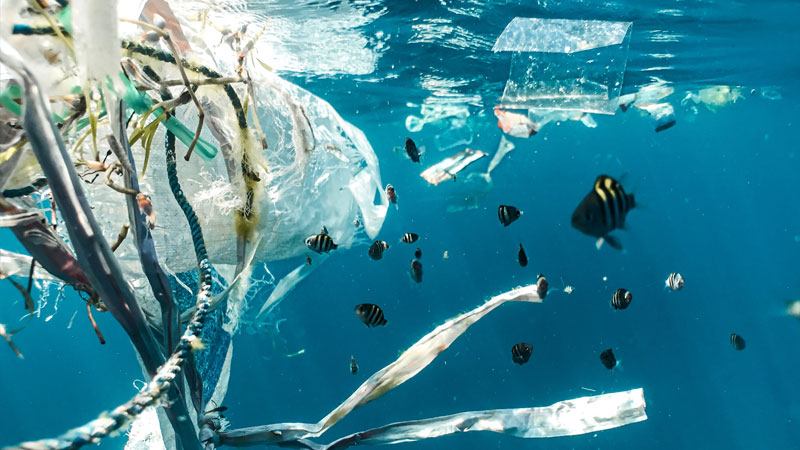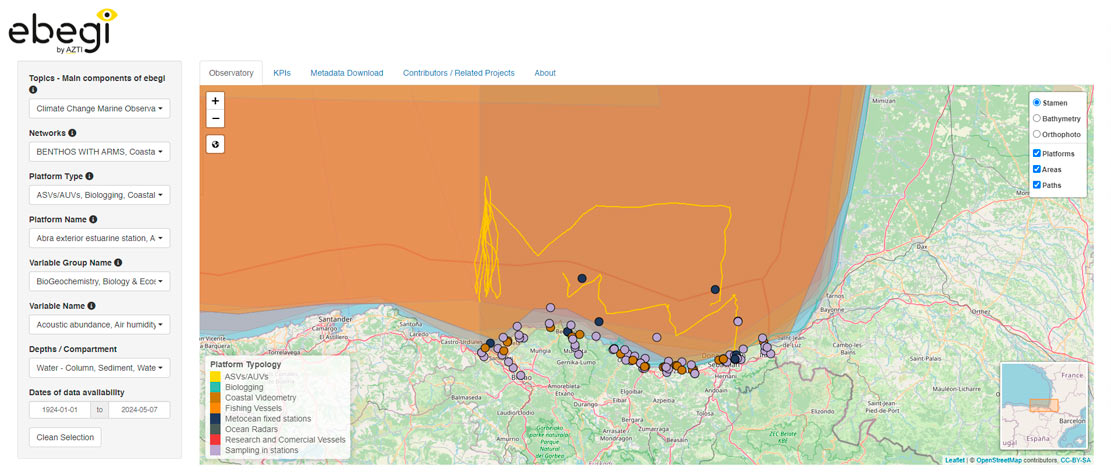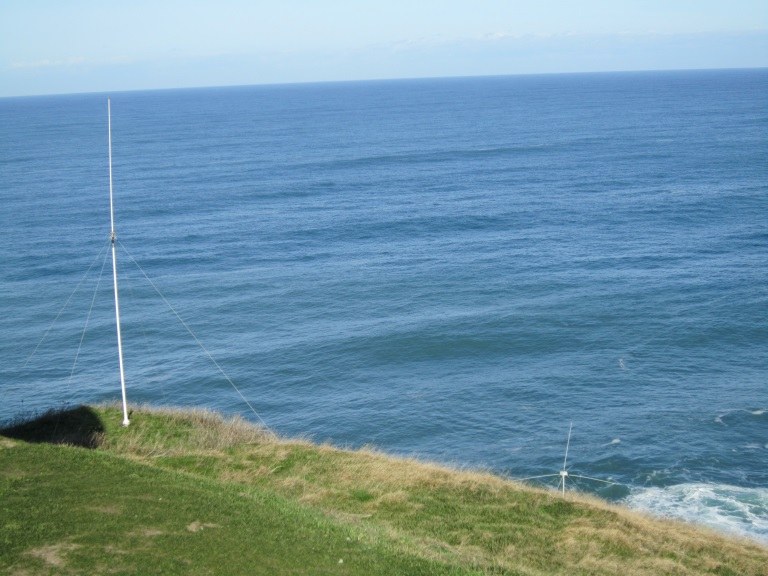PI-BREAK
Predictive Intelligent system to optimize BREAKwater maintenance

General objectives
PI-BREAK addresses the challenge of extending the lifespan of port infrastructure under a range of future climatic/exploitation scenarios, introducing Predictive Intelligent maintenance to reduce risks and enlarge the safe operating space for BREAKwaters. From this basis, PI-BREAK aims to advance the Spanish leadership in breakwater engineering, developing an intelligent aggregation of multiplatform monitoring and hybrid modelling tools that combine advanced hydraulic facilities and numerical coupled codes.
Specific objectives
This project will develop and validate an intelligent system for breakwater predictive maintenance that aims to:
- Reduce ultimate and serviceability failure risks for the breakwater structure and protected assets
- Allow building breakwater resilience and life span
- Enhance infrastructure operational capacity
- Support automated decision making
Prueba Piloto
The Predictive Intelligent system for breakwater maintenance (PI-BREAK) will apply recent advances in monitoring and modelling to a critical infrastructure/port (Punta Lucero breakwater in Bilbao Port) that provides essential services for coastal welfare and GDP in Spain and SW Europe. The selected breakwater provides shelter for socio-economic activities and protects the Petronor fuel pipeline, a main conduit for this refinery and a critical infrastructure for Spain.
From such critical maritime infrastructure PI-BREAK will demonstrate how predictive maintenance increases port safety/efficiency, contributing to the recovery of economic activities based on breakwater adaptation to future scenarios, with a low carbon footprint. The monitoring campaign included in the proposal will ensure an unprecedented control of environmental impacts and an objective basis to automate maintenance decisions.
| Partners |
Universitat Politécnica de Catalunya, AZTI, Autoridad Portuaria de Bilbao, Instituto de Hidráulica Ambiental de Cantabria |
| Length |
2021-2024 |
| Funding |
Grant PLEC2021-007810 funded by MCIN/AEI/ 10.13039/501100011033 and by the European Union NextGenerationEU/PRTR |









